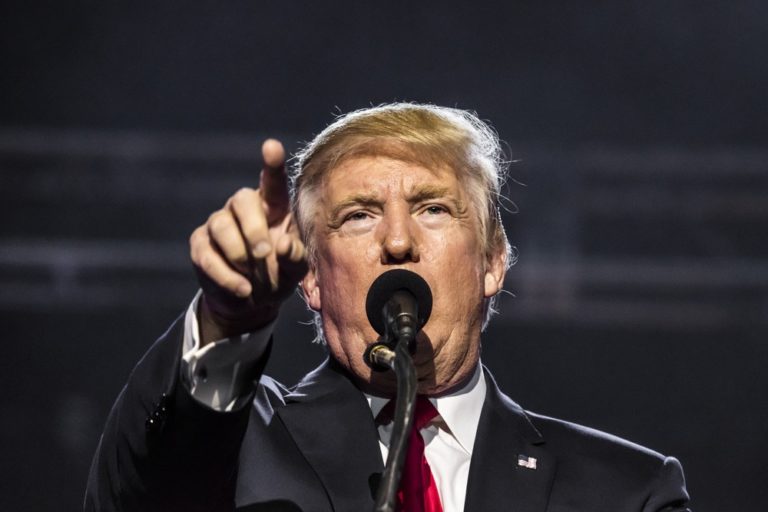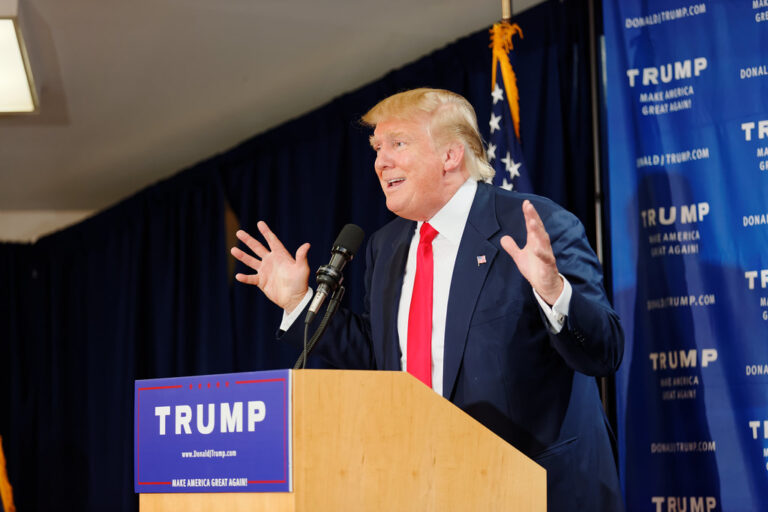Key Takeaways:
- Tesla’s stock value dropped over 25% in early 2025 due to poor European sales.
- The American Federation of Teachers (AFT) is urging investors to sell Tesla shares.
- AFT leader Randi Weingarten highlights risks, including Tesla’s high stock price compared to earnings.
- Concerns over falling profits, sales decline, and political backlash are key issues.
- Progressive groups are protesting and boycotting Tesla.
Tesla’s Stock Takes a Nose Dive
Tesla, the electric car giant led by Elon Musk, has faced significant financial challenges recently. The company’s stock has plummeted over 25% in early 2025, largely due to struggling sales in Europe. This downturn is linked to Musk’s alliances with far-right politicians, which have sparked public backlash. As a result, investors are growing wary, and the situation is becoming increasingly dire for Tesla.
AFT’s Push Against Tesla
The American Federation of Teachers is now stepping into the fray, urging major investors to reconsider their holdings in Tesla. AFT leader Randi Weingarten has reached out to top asset management firms, warning them about the risks of holding Tesla stock. With a price-earnings ratio of 142, significantly higher than the S&P 500 average, Tesla’s stock appears overvalued. Weingarten emphasizes the need to protect workers’ retirement funds, as Tesla’s stock continues to decline and European sales drop sharply.
Why Teachers Are Worried
Weingarten’s concerns are multifaceted. Tesla’s earnings and profit margins are slipping, indicating potential loss of pricing power. Sales in crucial markets like California and Europe are in freefall. Additionally, increasing competition in electric vehicle charging, a sector Tesla once dominated, poses further threats. These factors raise significant red flags for investors, prompting the AFT to act.
Musk’s Controversial Politics
Weingarten’s actions are also influenced by her ties to the Democratic Party and labor unions’ long-standing opposition to Musk. Musk’s embrace of far-right figures has alienated many, including union members and progressive groups. This political stance has not only affected Tesla’s sales but also led to organized protests and boycotts, further hurting the brand’s image.
What’s Next for Tesla
As pressure mounts, Tesla faces an uncertain future. The AFT’s campaign and declining sales could drive the stock even lower. With increasing competition and a challenging market, Tesla must address these issues swiftly to regain investor confidence and market share.
The Bigger Picture
This situation reflects broader trends in business and politics. Companies are increasingly scrutinized for their leadership’s political stances, impacting their financial health. Tesla’s case serves as a reminder of the intertwined nature of corporate performance and public perception, highlighting the importance of aligning business practices with societal values.









